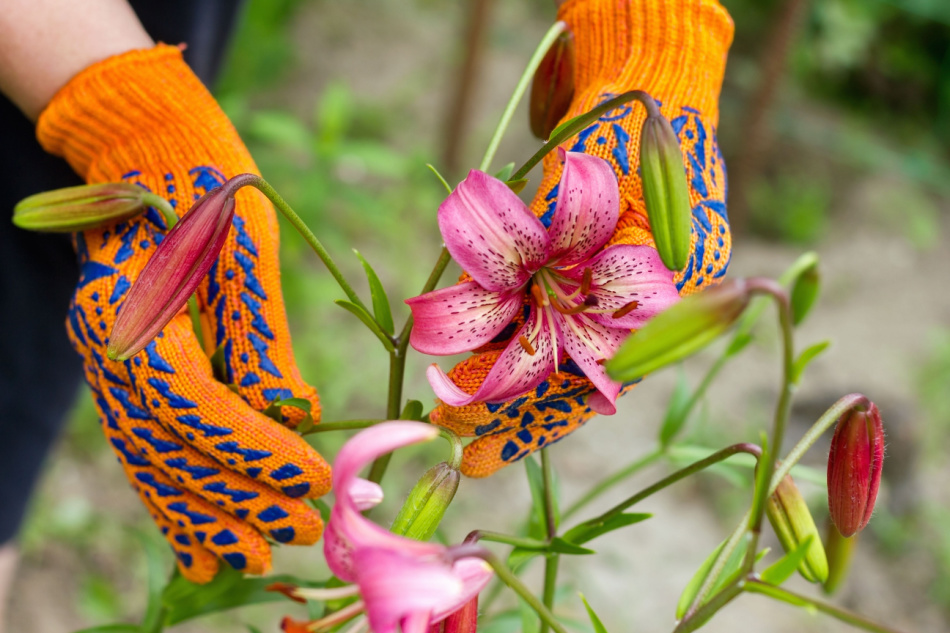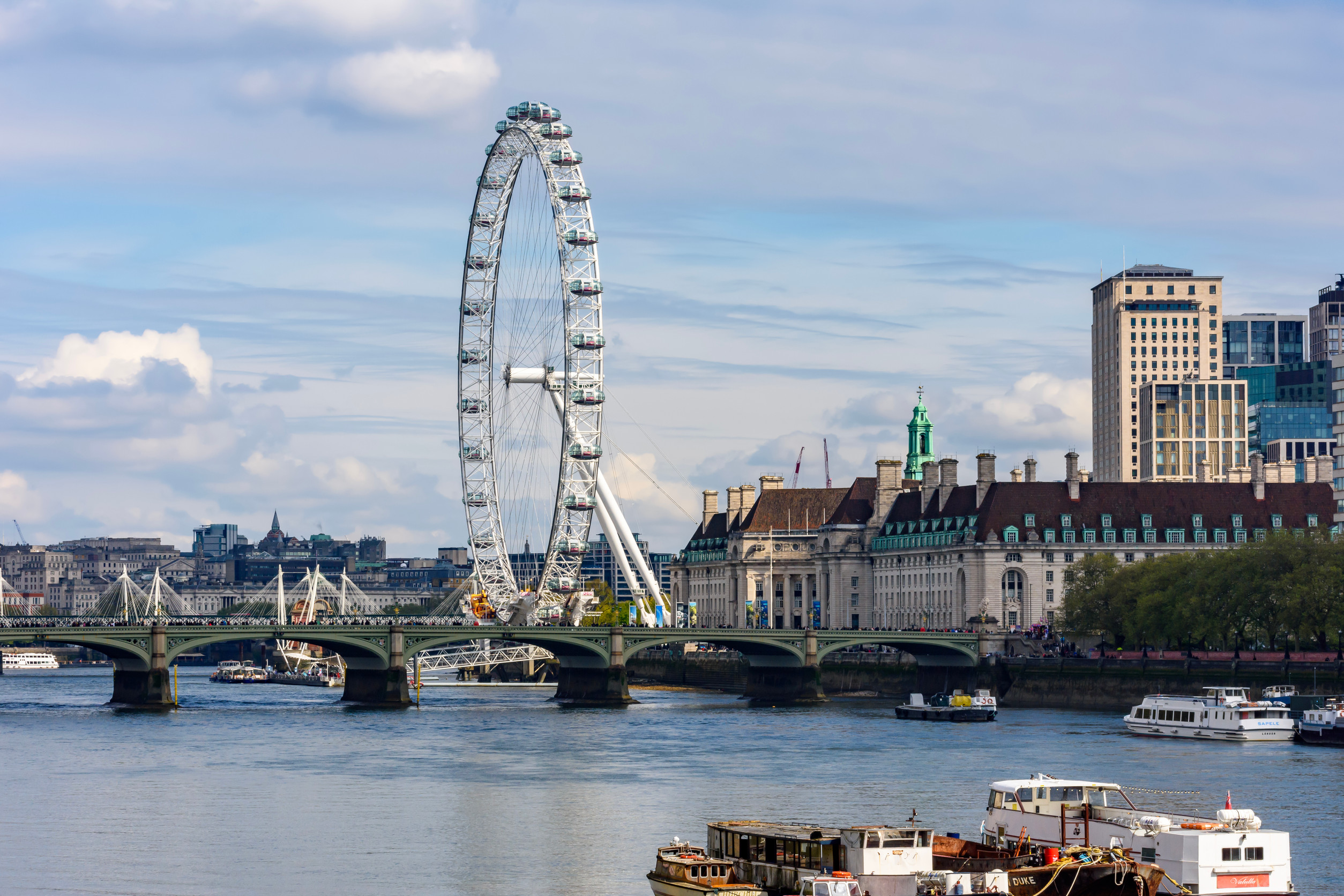Chances are you went to work or school yesterday like any other Monday. In past years that wouldn’t have been the case, but fewer and fewer states and cities are celebrating Columbus Day nowadays. And in many cities, Columbus Day is being replaced with Indigenous Peoples’ Day.
Columbus Day, considered to fall around the time Columbus “discovered” the Americas in October of 1492, was first proposed in 1892 but did not become a federal holiday until 1932 under President Roosevelt. In the 1980s, the Colorado chapter of the American Indian Movement began to protest the holiday, and in 1992, Berkeley, California adopted its first Indigenous Peoples’ Day.
Columbus’ arrival and the mass colonization of the Americas which followed instituted a long period of violence and genocide toward indigenous populations, causing more and more people to call into question the dedication of a holiday in his honor. Today, cities like Portland and Los Angeles, instead, celebrate Indigenous Peoples’ Day.
As our consciousness about our history and what it means to be American evolves, it is only a natural progression that we see more and more areas adopting Indigenous Peoples’ Day to honor a more multifaceted view of our country’s history.











